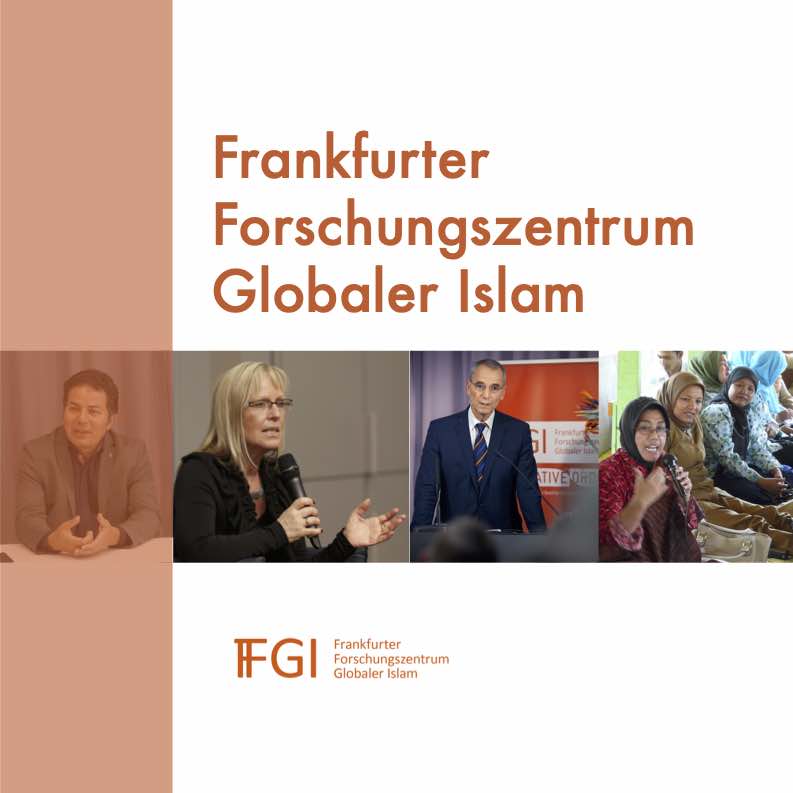Conflicts in the countries of the global south have an impact on our own society and are, in turn, influenced by political, economic, and military activities of our governments. Explosive conflict situations emerge particularly in cases where internal political problems become exacerbated by external political dynamics. Islamism and Islamic fundamentalism are phenomena that are on the rise both in Muslim-dominated states and the Muslim diaspora communities in Europe. Particularly in states with laical or pluralist political traditions, Islamist organizations attract youths on a massive scale; an Islamic way of life is very popular in these places, and the viability of Islamic utopias as socio-political alternatives is tested in social communities. These developments have the potential to trigger considerable conflict.
Anti-Semitic slogans were shouted in August 2014 in Cologne, Frankfurt, and Berlin at protest rallies against the war in Gaza, and Jews were attacked in German cities. At the same time, Islamist Syrians assaulted Christians in refugee hostels, and Kurds and Yazidis engaged in fights with Sunni Arabs in German streets. Salafis mobilize their followers by invoking the oppression of Muslims in Palestine and Europe, and recruit them for a global “holy war.” Germans, both with and without migration background, are fighting in the militias of the “Islamic State,” and jihadists have repeatedly threatened to make Germany the target of attacks.
At the same time, there are movements of Muslim intellectuals and scholars all over the world who pave the way for an interpretation of Islam that is compatible with democracy, human rights, women’s and children’s rights, as well as with humanist ideals. However, their works are still little discussed and reviewed. In addition, they are under much pressure by conservative and fundamentalist forces.
The Frankfurter Forschungszentrum Globaler Islam is designed as a think tank that subjects these dynamics to scholarly analysis and specifies their significance with regard to Germany. Combining regional and national perspectives with transnational and global approaches, the center is in a position to establish contexts and connections, and to advise both state and civil-society actors.

The FFGI documents its development history, events and research in a brochure with texts and images.
→ Download